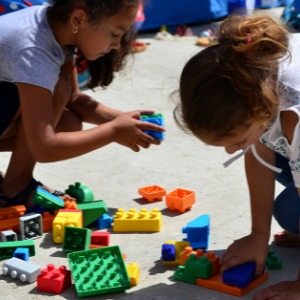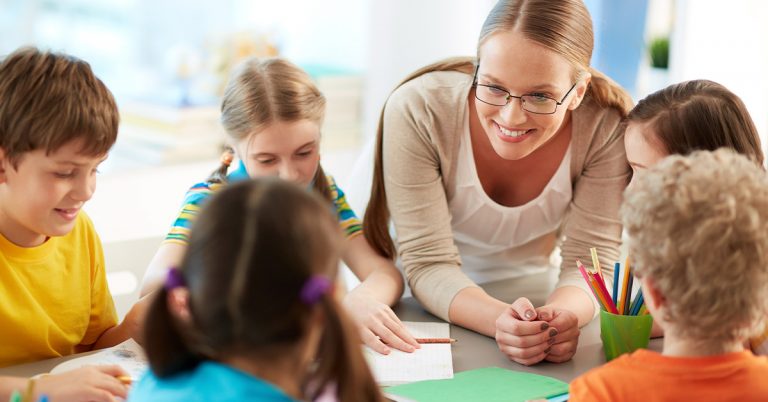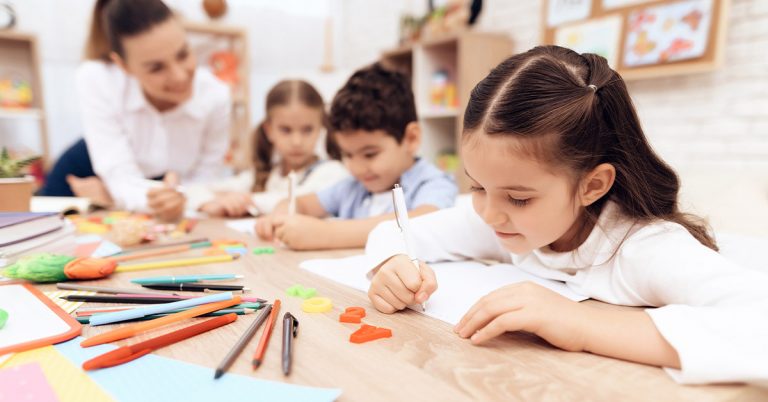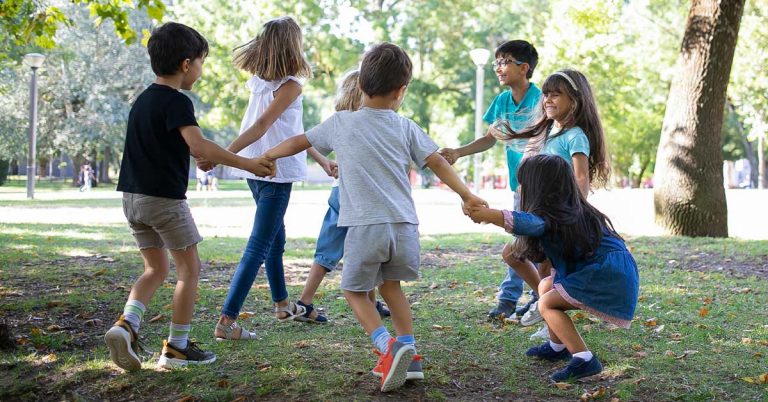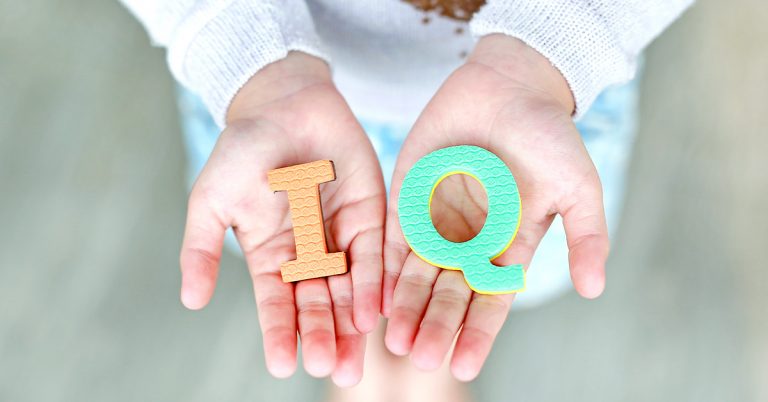Adolescence is a particularly sensitive period, because children face numerous social challenges that require a certain level of maturity. It is a period when they have to learn how to behave socially, to control their emotions and cope with stress.
Why is child development important?
No matter how bad you want it, you cannot (and should not) always be there for them. Experiences gained during child development are crucial, because mastering obstacles makes the child mentally strong, independent and successful. Of course, as a parent, you will always be there, but you will soon realize that children need to learn some things on their own, even if it means learning them the hard way.
It is very important to understand maturation and the process of learning new skills so that you would know how to inspire your child to develop. Guide them toward things that will help them overcome their insecurities and weaknesses (shyness, emotional immaturity, laziness, etc.). When it comes to psychological child development, there are two key areas: social and cognitive development.
What is social development?
Social development refers to the process in which the child learns how to behave socially, how to be a good friend and resolve conflicts. When the child is socialized, they will develop faster and easier. Thus, they will effortlessly master the basics of proper behavior and communication as a toddler, successfully resolve conflict situations as a student, and be prepared for the stressful situations of the modern age as an adult.
It is very important that the child develops social skills from an early age, because that way, they will become communicative, confident and able to successfully resolve conflict situations. Numerous studies have shown that children with developed social skills acquire new skills more easily, because they are more self-confident. This behavioral pattern is already visible in the kindergarten when self-confident children stand out among their peers, and learn faster.
Namely, insecure children are reluctant to try new things for fear of failure. Fortunately, it is possible to influence changes in the child’s behavior while their personality is still developing. What they learn as children will later be reflected on how they will behave throughout their life.
The way family members behave in different situations has a great impact on the child’s development. Children imitate the behavior of their role models, such as parents and siblings, and later teachers, friends and co-workers.
How parents influence the development of children’s social skills
Every parent wants their child to grow up to be a good and well-mannered individual. We already mentioned that children largely model their behavior after the behavior of their parents. So, you need to be a role model, which means that you must not allow yourself to lose your temper (especially when driving), be kind and don’t forget that you are their ultimate role model in life. In addition, it is equally important to address and treat your child with respect, so when you ask them to do something, don’t forget to thank them afterwards.
Therefore, anything you want from them, you have to do yourself. Some will say – just act normal. But, in everyday life, “normal” is sometimes a forgotten word. Nevertheless, try not to lose your temper in front of your child, because they will absorb every single word, even though it seems they aren’t listening.
Apart from the personal example, give the child your undivided attention and participate in active discussions. Always ask them how they spent their day, if anything unusual happened, what they did with their friends, if they had a good time in the daycare, or school, etc. This way, you will let them know that what they do matters. Ask questions and encourage them to give meaningful answers, instead of just enumerating things they did.
Encourage them to communicate with their friends in the same way. Communicating with store clerks when you go shopping can be a great exercise. When the child grows older, give them tasks where they will have to rely on their charm and resourcefulness.
If the child encounters an obstacle or a problem, don’t react immediately. Refrain from intervening in case of an innocent playground argument for example. Let them resolve the conflict on their own, but follow the situation closely so you could react quickly, if necessary. Every age brings its own challenges, but one thing should be constant – your attention, and a relationship full of love and understanding.
Simulating stressful situations
The result of every competitive game is an excellent opportunity for valuable life lessons. Some children have a strong competitive spirit, which is a great thing, however, if a certain line is crossed, competitiveness may become harmful and destructive. This is why it is important for children to face situations where they cannot get their own way from an early age.
Sports and board games are great examples, because with them, you can achieve a lot through play. They are ideal, because they require following certain rules to achieve one’s goals. Children are always competitive, and often react impulsively in such situations.
A feeling of injustice is common when people compete against each other. However, the child needs to understand that stressful situations are no excuse for bad behavior. It is also important how children behave when they are in a group, whether they help those who are not as good as them, or if they only care for their own success. The outcome of the competition is very important to most children, but they can also learn a lot from it.
If they win, it is important to show respect for their opponents, and not to gloat. Modesty is a virtue, and glorifying one’s own role while minimizing the merits of others is inacceptable. In case of a defeat or failure, the child needs to take it in stride, without getting mad and humiliating the opponent. The child must learn to congratulate the opponent and respect other people’s success, because that way, they demonstrate self-respect. All these qualities are necessary for success in a group, which is an excellent practice for more serious life challenges.
Understanding other people’s opinion
As they get older and more mature, children will have clearer personal attitudes. An important part of social development is understanding diversity and learning to respect other people’s opinion, even when they think they are wrong. It is a sign of maturity, which is why children should be taught to understand and respect other people’s opinions from an early age.
A good exercise you can do with your child is to try and represent both sides, like a lawyer in the courtroom. Choose a topic they are interested in and agree that they should represent the opposite side. Putting them in the opponent’s shoes, where they need to speak affirmatively about something they disagree with will help them better understand the attitudes of others.
You should set an example for them to follow in this case as well. Refrain from gossiping and judging other people, because they don’t fit into your concept of “normalcy”. The child will adopt your behavior as a model, which means that they will be tolerant of others only if you are.



